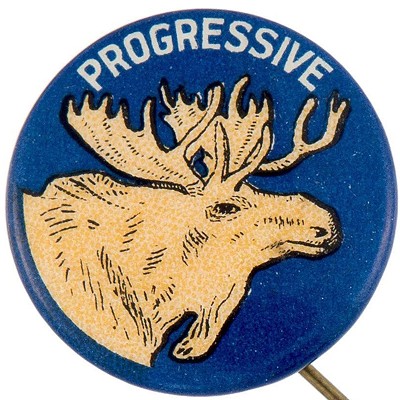by Pia K. Hansen
Last year, after the terrorist attacks on Sept. 11, many Americans made resolutions to live better lives, be better people, enjoy life more. A new term was even coined: Sept. 11 resolutions. Patriotism soared. Flags were flying like never before, and every night the evening news featured some story about how the nation was pulling together. But let a year pass, and leave it to a philosophy professor to poke at least a little hole in the inflated national pride.
Jacob Needleman is a professor of philosophy at San Francisco State University. He was educated at Harvard, Yale and the University of Freiberg in Germany, and on Thursday, Sept. 26, he's coming to Gonzaga University to talk about his most recent book, The American Soul: Rediscovering the Wisdom of the Founders.
"What I am trying for in my book is a spiritual redefinition and deepening of the American Dream," said Needleman in a statement announcing his talk at Gonzaga, "to show that America was once the hope of the world and still is the hope of the world, because its values and its history reflect in some great measure the spiritual wisdom that has guided humanity through the ages."
What Needleman would like for people to realize is that the word "dream" can mean an illusion -- something unattainable -- or it can mean a great vision. Hopefully it's the latter we focus on, but Needleman isn't so certain that's the case. This is his second visit to Gonzaga.
"He was here five or six years ago," says John S. Caputo, professor of communications arts at Gonzaga and the host for the evening. "We found he resonated very well with the community and touched many of the people who came to see him -- students, faculty and community members."
Caputo says Needleman goes back in history and revisits some voices that traditionally haven't been heard when the discussion turns to the American Dream.
"He talks about Native American, Latino and Black American leaders and voices to try to find out what the deeper nature of American spiritual life was," says Caputo. "He is trying to find out what is our spiritual purpose, and how can it guide our conduct and our foreign policy."
The current turmoil over whether the United States -- with or without the support of the United Nations -- is going to attack Iraq has again called into question the United States' role as the only remaining superpower in the world.
"America was once the hope of the world. But what kind of hope? America is the fact, the symbol and the promise of a new beginning," writes Needleman in his book. "The question of America is there: If America loses the meaning of its existence and if, in fact, America is now the dominant cultural influence of the world, then what will become of the world?"
Immediately before the planes hit the World Trade Center and the Pentagon, few Americans knew who Osama bin Laden was -- but many were well up to date on how the president's daughter had just been caught with a fake ID at a nightclub. What type of a worldview is that?
"In some ways, Needleman's book is a post 9/11 view of things we seem to have forgotten," says Caputo. "The tragedy eliminated the notion of old world and new world -- the incident became international in many ways. But what the world expects from us as the only remaining superpower has been lost in the shuffle."
Caputo is quick to make it clear that the discussion is not "an anti-war type of thing."
"We are going to go where ever the discussion takes us," he says. "What we are doing is bringing in a nationally known thinker who is valued for his philosophical but practical approach to life."
With the increased Americanization of the rest of the world, Needleman argues, comes materialism, commercialism and consumerism.
"But the problem is not really here. What we ordinarily speak of as materialism is a result, not a cause," he writes in his new book. "The root of materialism is a poverty of ideas about the inner and outer world. Less and less does our contemporary culture have, or even seek, commerce with great ideas, and it is that lack that is weakening the human spirit. This is the essence of materialism. Materialism is a disease of the mind starved for ideas."
Dr. Jacob Needleman speaks on Thursday, Sept. 26, at 7:30 pm at Gonzaga's COG building's Spokane Room. Dr. Bob Egan, S.J., associate professor of religious studies, is the respondent. Call: 323-6550
American Dreamer
[
{
"name": "Broadstreet - Instory",
"component": "25846487",
"insertPoint": "4",
"requiredCountToDisplay": "4"
},{
"name": "Broadstreet - Empower Local",
"component": "27852456",
"insertPoint": "8",
"requiredCountToDisplay": "8"
},{
"name": "Broadstreet - Instory",
"component": "25846487",
"insertPoint": "12",
"requiredCountToDisplay": "12"
},{
"name": "Broadstreet - Instory - 728x90 / 970x250",
"component": "27852677",
"insertPoint": "18",
"requiredCountToDisplay": "18"
},{
"name": "Broadstreet - Instory",
"component": "25846487",
"insertPoint": "5th",
"startingPoint": "23",
"requiredCountToDisplay": "24",
"maxInsertions": 100
}
]















